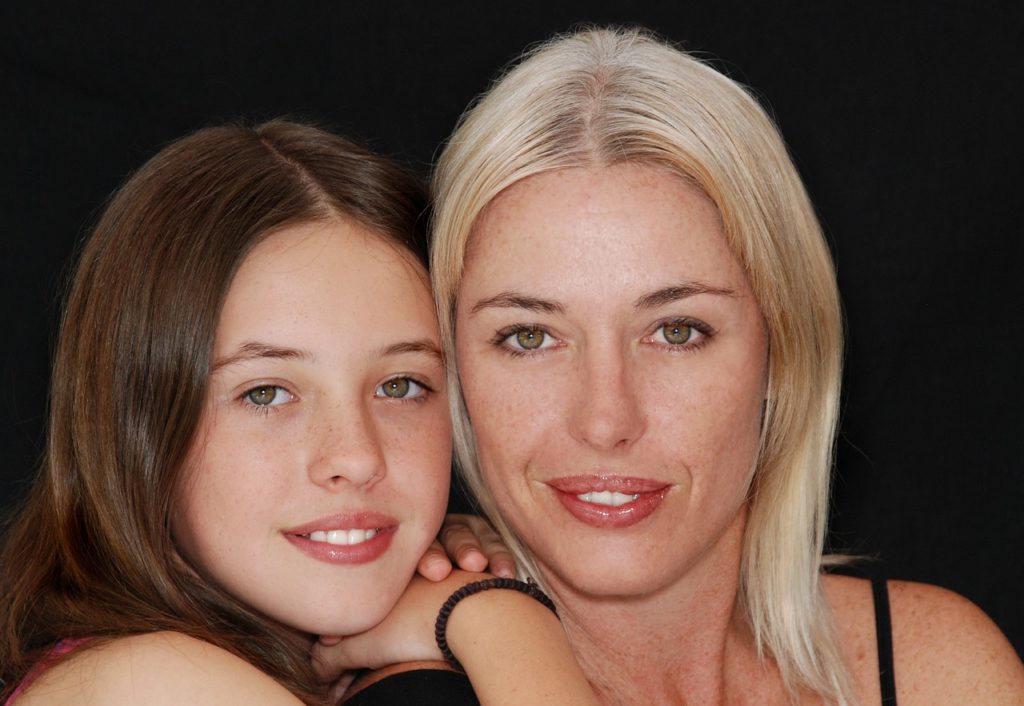
As parents, it can be challenging to tolerate when an adult child finds it difficult to leave home and become independent. Many parents question their parenting skills or wonder if something is wrong with their child.
The child’s inability to leave home and become a productive member of society has a syndrome named for it, and it is called “Failure to Launch Syndrome.”
What is Failure to Launch Syndrome
Failure to Launch Syndrome is not an official mental health diagnosis, but it is a way to describe when a person is struggling with leaving home and living independently. Adolescents and young adults who are struggling with launching may be developmentally stunted or immature for their age.
For most teenagers, graduating high school and heading off to college or work is
exciting. It represents a new phase of life and new and exciting challenges.
For others, these transitions can trigger a regression in behavior and development. The expectation of entering the workforce and being on their own can provoke a need to move home. Failure to Launch Syndrome is when there is a dependence on parents which is continuous, and no progress is being made toward independence [1].
Typically the child exhibits a poor work ethic, unmotivated to look for a job, low tolerance for stress, and a lack of motivation for change. In addition, they may demonstrate low levels of persistence, high expectations of others, no long-term goals, and failure to take responsibility.
Some may display signs of poor self-esteem and poor emotional self-regulation. Many of these signs and symptoms start in late high-school years or college.
Factors that Influence Failure to Launch
There are a number of factors influence the Failure to Launch condition, but one significant factor can be substance abuse.
 As a person struggles with an addiction, he or she is more likely to not have the finances needed to make it on their own. They often will begin to suffer from cognitive and emotional instability, and their coping skills will erode as the drug abuse increases.
As a person struggles with an addiction, he or she is more likely to not have the finances needed to make it on their own. They often will begin to suffer from cognitive and emotional instability, and their coping skills will erode as the drug abuse increases.
Routinely, mental illness is the leading cause of adults being unable to live independently from their parents. Depression, anxiety, attention-deficit disorder, and trauma can all play a role in the child not leaving home. Mental issues can also exacerbate the substance abuse thus playing a role in failing to launch.
Drug Abuse and Failure to Launch Similarities
Many treatment centers now are working with young adults who struggle with addiction and have failed to launch. There are several traits that are common in the addict that has failed to launch.
Characteristics such as a lack of internal motivation, displaying mental health disorders, have difficulty with executive functioning, and family problems are all shared similarities with those having trouble launching and battling addiction.
How to Help
Being able to help a child leave home successfully is essential to their well being as well as the parents’ . Fortunately, there are various ways to get the child to leave home.
 First, set boundaries with your child. Establish rules such as paying rent for their room and board. Have them help with all household tasks, and pay for their portion of the household bills. This will help them learn the essentials of adult living and prepare for independent living.
First, set boundaries with your child. Establish rules such as paying rent for their room and board. Have them help with all household tasks, and pay for their portion of the household bills. This will help them learn the essentials of adult living and prepare for independent living.
Secondly, have your adult child do things for themselves and take responsibility for their actions. This can be difficult for parents to do and children to accept.
Allowing a child to fail can help them learn that actions and the lack of actions have consequences. It can also help them to learn to problem-solve, understand that failure happens, and learn to use other resources.
Third, get the person into therapy if it is needed. Being able to work with professional staff can help not only your child but your family learn how to move forward.
Fourth, make sure you are engaging in self-care to keep your energy and sanity.
It can be draining both physically and emotionally to take care of an adult child who is struggling to leave home. Work on finding your own therapy if needed and engage in activities that do not involve your children.
Accommodation is typical among families who are struggling with Failure to Launch children. This is where the parents and child are reinforcing each other’s behavior and strengthening the child’s dependence on support [3].
Dealing with an adult child that is failing to launch can create a great deal of stress and issues with in the family. These tools and information can help in getting your fully grown child to take the next step of life into actual adulthood.
 About the Author: Libby Lyons is a Licensed Clinical Social Worker and Certified Eating Disorder Specialist (CEDS). Libby has been practicing in the field of eating disorders, addictions, depression, anxiety and other comorbid issues in various agencies. Libby has previously worked as a contractor for the United States Air Force Domestic Violence Program, Saint Louis University Student Health and Counseling, Saint Louis Behavioral Medicine Institute Eating Disorders Program, and has been in Private Practice.
About the Author: Libby Lyons is a Licensed Clinical Social Worker and Certified Eating Disorder Specialist (CEDS). Libby has been practicing in the field of eating disorders, addictions, depression, anxiety and other comorbid issues in various agencies. Libby has previously worked as a contractor for the United States Air Force Domestic Violence Program, Saint Louis University Student Health and Counseling, Saint Louis Behavioral Medicine Institute Eating Disorders Program, and has been in Private Practice.
Libby currently works as a counselor at Fontbonne University and is a Adjunct Professor at Saint Louis University, and is a contributing author for Addiction Hope and Eating Disorder Hope. Libby lives in the St. Louis area with her husband and two daughters. She enjoys spending time with her family, running, and watching movies.
References:
[1] Failure to Launch Treatment Program for Young Adults (Ages 17 - 28). (n.d.). Retrieved January 04, 2018, from https://www.optimumperformanceinstitute.com/failure-to-launch-syndrome/
[2] "Failure to Launch" and Addiction Treatment. (2017, May 17). Retrieved January 04,
2018, from https://www.marylandaddictionrecovery.com/failure-to-launch
[3] Lebowitz, E. R. (2016, February). “Failure to Launch”: Shaping Intervention for Highly Dependent Adult Children. Retrieved January 04, 2018, from https://www.ncbi.nlm.nih.gov/pmc/articles/PMC4895190/
The opinions and views of our guest contributors are shared to provide a broad perspective of addictions. These are not necessarily the views of Addiction Hope, but an effort to offer discussion of various issues by different concerned individuals.
We at Addiction Hope understand that addictions result from a combination of environmental and genetic factors. If you or a loved one are suffering from an addiction, please know that there is hope for you, and seek immediate professional help.
Published on April 29, 2018
Published on AddictionHope.com
